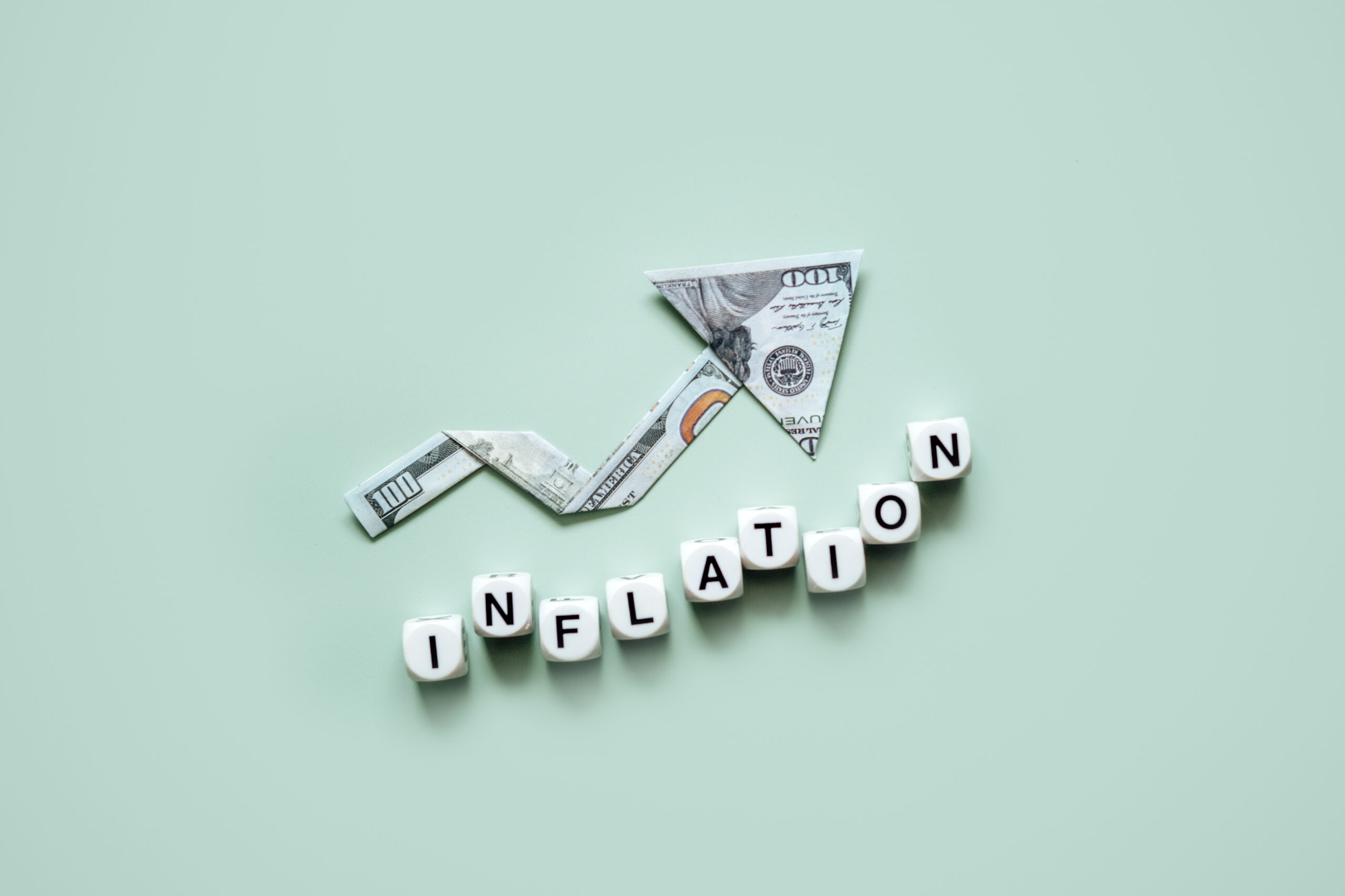Saving money is a smart financial habit, but where you save your money matters. Cash saved under the mattress or in a jar may seem safe, but it can actually lose its value over time due to a phenomenon called inflation. Let’s explore what inflation is, how it affects your savings, and why it’s important to consider alternative savings strategies.
What is Inflation?
1. The Cost of Living Increase
Inflation refers to the general increase in prices of goods and services over time. When inflation occurs, each dollar you have buys a little bit less than it did before. For example, if a loaf of bread costs $2 today and inflation is 3% per year, next year that same loaf of bread might cost around $2.06.
Example: Imagine you save $100 under your mattress. If inflation is 3% per year, after one year, your $100 will have the same numerical value, but it will only be able to buy goods and services that would have cost $97 the previous year.
How Inflation Impacts Your Savings
1. Loss of Purchasing Power
As prices rise due to inflation, the purchasing power of your savings decreases. This means that even though you still have the same amount of money, it can buy fewer things over time. What might seem like a substantial amount today may not stretch as far in the future.
Example: If you save $1,000 today and inflation averages 2% annually, after 10 years, your $1,000 will only have the purchasing power of about $820 in today’s dollars.
2. Long-Term Financial Goals
For long-term financial goals like retirement or buying a home, relying solely on cash savings can be risky. Over decades, inflation can significantly erode the value of your savings, making it harder to achieve your financial dreams.
Example: Suppose you plan to retire in 30 years. If inflation averages 3% per year, the cost of living could double by then. This means you would need twice as much money saved just to maintain the same standard of living.
Alternative Savings Strategies
1. Investing for Growth
Investing your savings in assets like stocks, bonds, or real estate can help you outpace inflation and grow your wealth over time. These investments have historically offered returns that exceed inflation rates, helping your money maintain or increase its purchasing power.
Example: Historically, stocks have returned an average of around 7-10% per year over the long term, which has typically outpaced inflation.
2. Savings Accounts and CDs
While savings accounts and certificates of deposit (CDs) may not yield high returns, they typically offer interest rates that at least keep pace with inflation. These accounts provide a safe place to store your money while earning a modest return.
Example: A savings account with a 1.5% interest rate can help your money grow slightly, offsetting some of the effects of inflation.
Conclusion: Making Informed Financial Decisions
Understanding inflation is key to making informed financial decisions about where to save your money. While cash may feel safe and accessible, its value diminishes over time due to inflation. By exploring alternative savings and investment options, you can protect your wealth and work towards achieving your financial goals more effectively.
